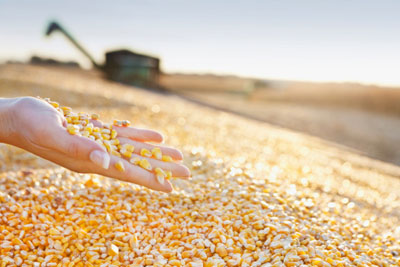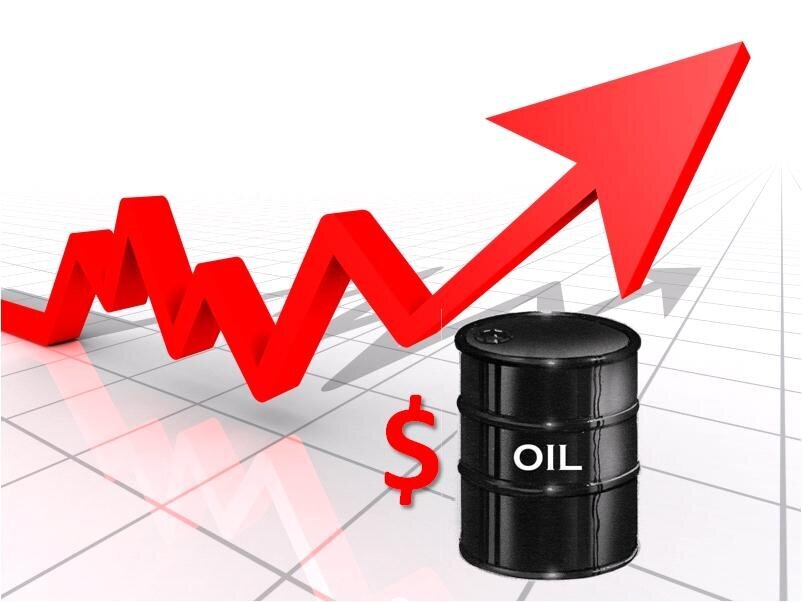With the outbreak of extreme weather and the impact of the world’s “granary”, how long will the price of agricultural products continue to rise?

Extreme weather is causing severe damage to crops around the world. At present, the cost of crops is hovering near the highest level in a decade, and the number of hungry people is rising. In this case, extreme weather poses the threat of further food inflation.
Brazil’s worst frost in nearly two decades has dealt a fatal blow to the world’s largest coffee-growing country. The extreme heat and drought have crushed crops on both sides of the US-Canada border. In Europe, heavy rains caused the risk of cereal fungal disease, and tractors were parked in damp fields.
Coffee prices have risen by 17% this week, surpassing the $2/lb mark for the first time since 2014. But the recent frost in Brazil is just the latest example of extreme weather hitting farmers this year. Brazil also experienced severe droughts, which caused the depletion of reservoirs used for irrigation.
This series of unfortunate events confirms the problem that scientists have been warning for years: climate change and the associated weather fluctuations will make it increasingly difficult for the world to produce enough food, and the poorest countries are usually hit hardest. In some cases, social and political turmoil will accompany it.
Agnes Kalibata, the special envoy for the United Nations Food System Summit in 2021 and the former Minister of Agriculture of Rwanda, said:
"What is happening somewhere in the world ultimately affects all of us. As the same world, we underestimate how often the weather starts to have a serious impact. Some areas have already experienced nightmares brought about by climate change."
The food price index released by the Food and Agriculture Organization of the United Nations has risen for 12 consecutive months as of May, and fell back in June to 124.6 points, which is still 34% higher than the same period last year. The index measures the international price of a basket of food.
What is unusual now is that extreme weather seems to be sweeping almost every region of the world. There is no industry more affected by the sun, rain, and high temperature than agriculture. This is also a very global and concentrated industry. Climate change can change the fate of farmers overnight. Extreme weather events in one place will inevitably affect all places. .
For example, Brazil is the world's largest transporter of sugar and orange juice, and a major producer of corn and soybeans. It accounts for about 40% of the world's Arabica coffee production.
Michael Sheridan, Director of Purchasing and Shared Value at Intelligentsia Coffee, a Chicago roaster and retailer, said:
"No other country in the world has such an impact on the state of the world market-the disaster that is happening in Brazil will affect everyone."







